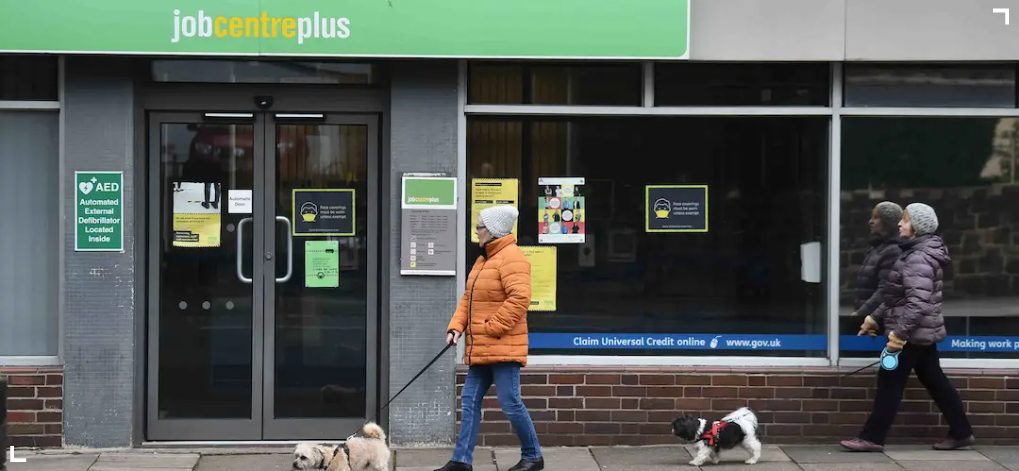Report: UK Faces Sickness-Related Employment Crisis
According to an analysis by the Resolution Foundation, a British think tank, the UK is in the middle of the longest sustained rise in the number of working-age adults who are economically inactive due to sickness.
Facts
- According to an analysis by the Resolution Foundation, a British think tank, the UK is in the middle of the longest sustained rise in the number of working-age adults who are economically inactive due to sickness.1
- The number of people quitting the workforce due to long-term sickness rose from 2.1M in July 2019 to 2.8M in October 2023 — the longest sustained increase in sickness-related inactivity on record.2
- The think tank finds that long-term sickness — when adults between 16 and 64 are neither in work nor looking for a job because of ill health — has increased since July 2019, the longest upward trend since 1994-1998.3
- The analysis also finds that 90% of the increase in overall economic inactivity had been driven by younger adults, aged between 16 and 24, and older adults, aged between 50 and 64, since the start of COVID.4
- A total of 9.25M working-age adults are now classified as economically inactive in the UK, which is reportedly the only G7 country yet to return to its pre-COVID employment rates.5
- With 600K more working-age Britons than before the COVID pandemic reporting they are too sick to work, the UK may need up to £16B ($20.1B) to cover the spiraling cost of disability benefits over the next five years.6
Sources: 1The Guardian, 2BBC News, 3Yahoo News, 4Resolution Foundation, 5The Telegraph and 6Bloomberg.
Narratives
- Right narrative, as provided by Express. The UK should be wary about its benefits system, which encourages people not to return to work and claim health-related benefits instead. The extraordinary rise in disability benefits claims has weakened the economy, crippled the exchequer, and caused enormous strains on the NHS.
- Left narrative, as provided by Independent. A benefits crackdown is unlikely to solve the UK's jobless crisis. Only improved mental health and musculoskeletal care infrastructure, shortened NHS waiting lists, and extensive budget measures to boost the labor force can help tackle the country's economic inactivity challenge.







